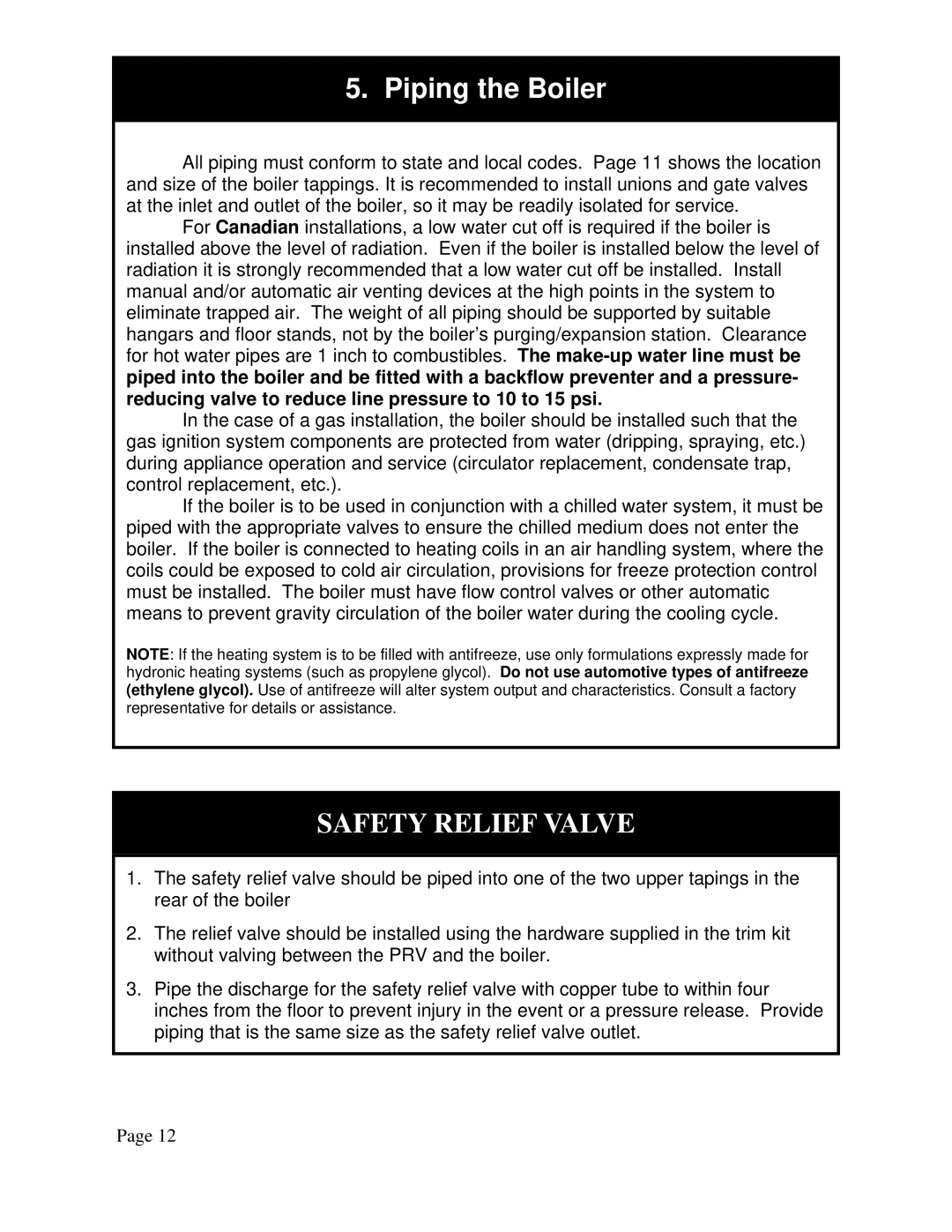B3-B9 specifications
The QHT B3-B9 is a remarkable series of versatile vehicles designed to cater to a wide array of industries, including construction, mining, and heavy-duty logistics. With a focus on durability, efficiency, and innovative technology, the QHT B3-B9 stands out as a preferred choice for demanding tasks.One of the key features of the QHT B3-B9 series is its robust frame construction, which employs high-strength steel to ensure maximum durability in harsh working conditions. This resilience allows the vehicle to withstand significant payloads while minimizing wear and tear, reducing maintenance costs over the long haul. Additionally, the design includes advanced corrosion resistance treatments, extending the vehicle's lifespan even in challenging environments.
The QHT B3-B9 is powered by a state-of-the-art engine, which adheres to the latest emissions standards while delivering impressive fuel efficiency. This engine utilizes advanced fuel injection technology, optimizing power output without compromising environmental responsibility. The combination of high torque and superior power-to-weight ratio enables the vehicle to perform effectively across various terrains, ensuring stability and control under load.
Another notable characteristic of the QHT B3-B9 series is its emphasis on operator comfort and safety. The cabin is ergonomically designed, featuring adjustable seating, intuitive controls, and enhanced visibility. This focus on user experience not only enhances productivity but also minimizes operator fatigue during long hours of operation. To further improve safety, the vehicle is equipped with comprehensive monitoring systems that provide real-time feedback on performance and potential issues.
Technologically, the QHT B3-B9 integrates advanced telematics, allowing operators and fleet managers to track performance metrics, fuel consumption, and maintenance schedules. This connectivity enables proactive management, reducing downtime and improving overall efficiency.
In conclusion, the QHT B3-B9 series represents a harmonious blend of strength, efficiency, and modern technology, making it an invaluable asset for businesses that require reliable performance in demanding environments. Its innovative features and commitment to operator safety and comfort ensure that it remains a top choice among heavy-duty vehicles in its class.

